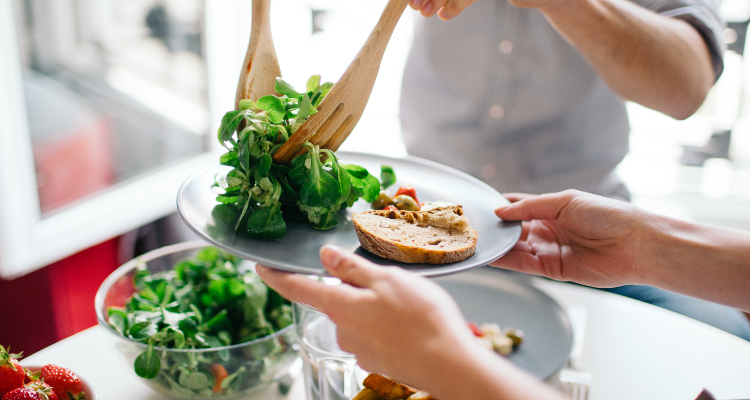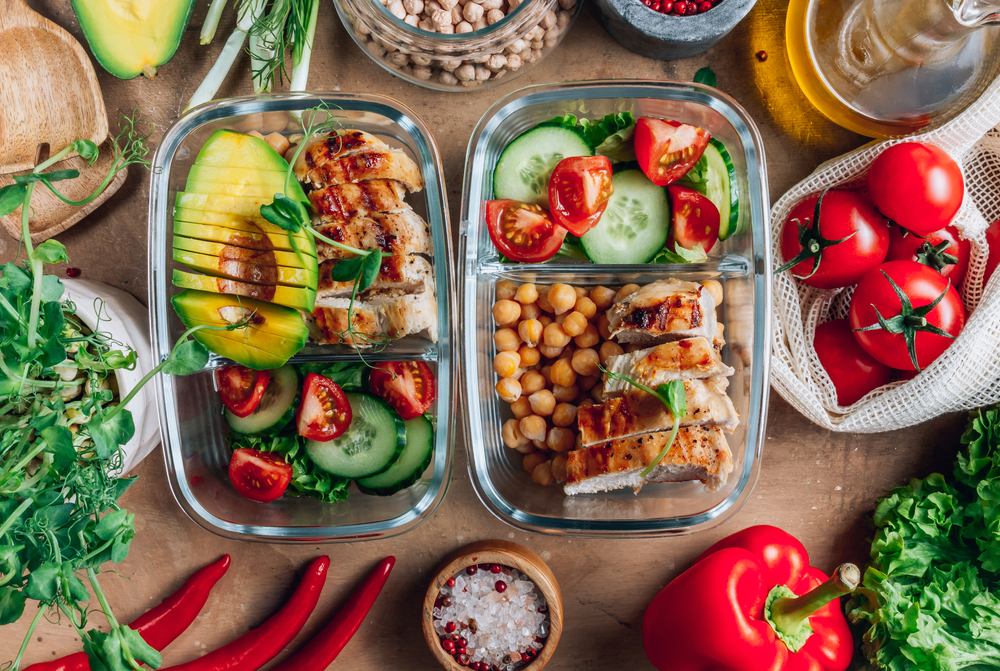Living with an ostomy can be a significant adjustment. Whether it's a colostomy, ileostomy, or urostomy, individuals undergoingostomy diet & nutrition surgery face both physical and emotional challenges. Understanding the impact of diet and nutrition is crucial for a smooth transition to life after ostomy surgery.
Life After Ostomy Surgery

The emotional aspect of adjusting to life with an ostomy cannot be overstated. Coping with body image changes and adapting to new routines can be challenging. However, with the right support system and a positive mindset, many individuals lead fulfilling lives post-ostomy surgery.
Importance of Ostomy Diet
Maintaining proper nutrition is vital for overall health and well-being after ostomy surgery. A well-balanced diet can prevent complications and support the body's healing process. Specific dietary considerations must be taken into account to ensure a comfortable and healthy life with an ostomy.
Basic Nutritional Guidelines
Balancing nutrients, particularly fiber, is crucial for ostomy patients. While fiber is generally beneficial for digestion, some individuals may need to adjust their intake to avoid complications. Hydration is equally important to prevent dehydration and maintain healthy bowel function.
Foods to Include in an Ostomy Diet

Choosing easily digestible foods is key for ostomy patients. Opting for cooked vegetables, well-cooked grains, and lean proteins can help in preventing discomfort. Additionally, including high-fiber options like oats and bananas can support a healthy digestive system.
Foods to Avoid
Certain foods can pose challenges for ostomates. Potential irritants like spicy foods and high-risk items like popcorn or nuts may need to be limited to prevent complications. Knowing one's triggers and avoiding them is crucial for a comfortable life with an ostomy.
Meal Planning for Ostomates
Creating a balanced diet involves thoughtful meal planning. Ostomy patients can benefit from smaller, more frequent meals that are nutrient-dense. Sample meal ideas might include grilled chicken with steamed vegetables or a quinoa salad with easily digestible ingredients.
Supplements for Ostomy Patients

Ensuring adequate intake of vitamins and minerals is essential for ostomy patients. However, individual needs may vary, and consultation with healthcare professionals is recommended to determine the necessity and appropriate dosage of supplements.
Hydration Importance
Proper hydration is vital for ostomy patients. It not only supports overall health but also aids in digestion. Clear fluids like water or herbal teas are often well-tolerated, but it's essential to monitor individual responses and adjust accordingly.
Eating Habits and Timing
Ostomy patients may find relief in adopting small, frequent meals rather than three large ones. Paying attention to the timing of meals, especially in relation to physical activity, can contribute to a more comfortable digestive experience.
Dealing with Weight Changes
Weight changes are common after ostomy surgery. Whether dealing with weight gain or loss, seeking guidance from healthcare professionals and incorporating suitable strategies can help in managing weight effectively.
Addressing Common Concerns

Managing gas and odor is a common concern for ostomy patients. Exploring different products and techniques, along with open communication with healthcare providers, can help in finding effective solutions. Coping with stigma is also an important aspect, and seeking support from communities or counseling can be beneficial.
ostomy diet & nutritionand Physical Activity
Engaging in physical activity is generally encouraged for ostomy patients. However, adjustments may be needed based on individual circumstances. Consultation with healthcare providers can guide individuals on suitable exercise routines and activities.
Recipes and Cooking Tips

Finding ostomy-friendly recipes and adopting specific cooking techniques can make meal preparation more enjoyable. Experimenting with well-cooked vegetables, lean proteins, and easily digestible grains can open up a world of delicious and nutritious options.
Conclusion
In conclusion, embracing life after ostomy surgery involves a multifaceted approach, and diet and nutrition play a pivotal role. From basic guidelines to specific meal plans, understanding the nuances of an ostomy diet & nutritioncan significantly impact an individual's quality of life. With the right knowledge and support, individuals can navigate these changes successfully and lead fulfilling lives.
(FAQs)
Q. Can I still enjoy my favorite foods after ostomy surgery?
Ans: Absolutely! While some adjustments may be needed, many individuals continue to enjoy a wide variety of foods after surgery. Experimenting with different options and finding what works best for you is key.
Q. How can I manage gas and odor effectively?
Ans: Various products, such as deodorizing pouches and ostomy-specific accessories, can help manage gas and odor. It's essential to explore different options and consult with healthcare providers for personalized advice.
Q. Is it normal to experience emotional challenges after ostomy surgery?
Ans: Yes, it's entirely normal. Adjusting to life with an ostomy involves emotional adaptation. Seeking support from friends, family, or support groups can provide valuable assistance during this process.
Q. Are there specific exercises I should avoid after ostomy surgery?
Ans: While exercise is generally encouraged, it's advisable to consult with healthcare providers for personalized recommendations. In most cases, gentle activities like walking and swimming are well-tolerated.
Q. How can I find ostomy-friendly recipes?
Ans: Many resources, including online communities and specialized cookbooks, offer ostomy-friendly recipes. Experimenting with different ingredients and cooking techniques can help you discover enjoyable and nutritious meals.
